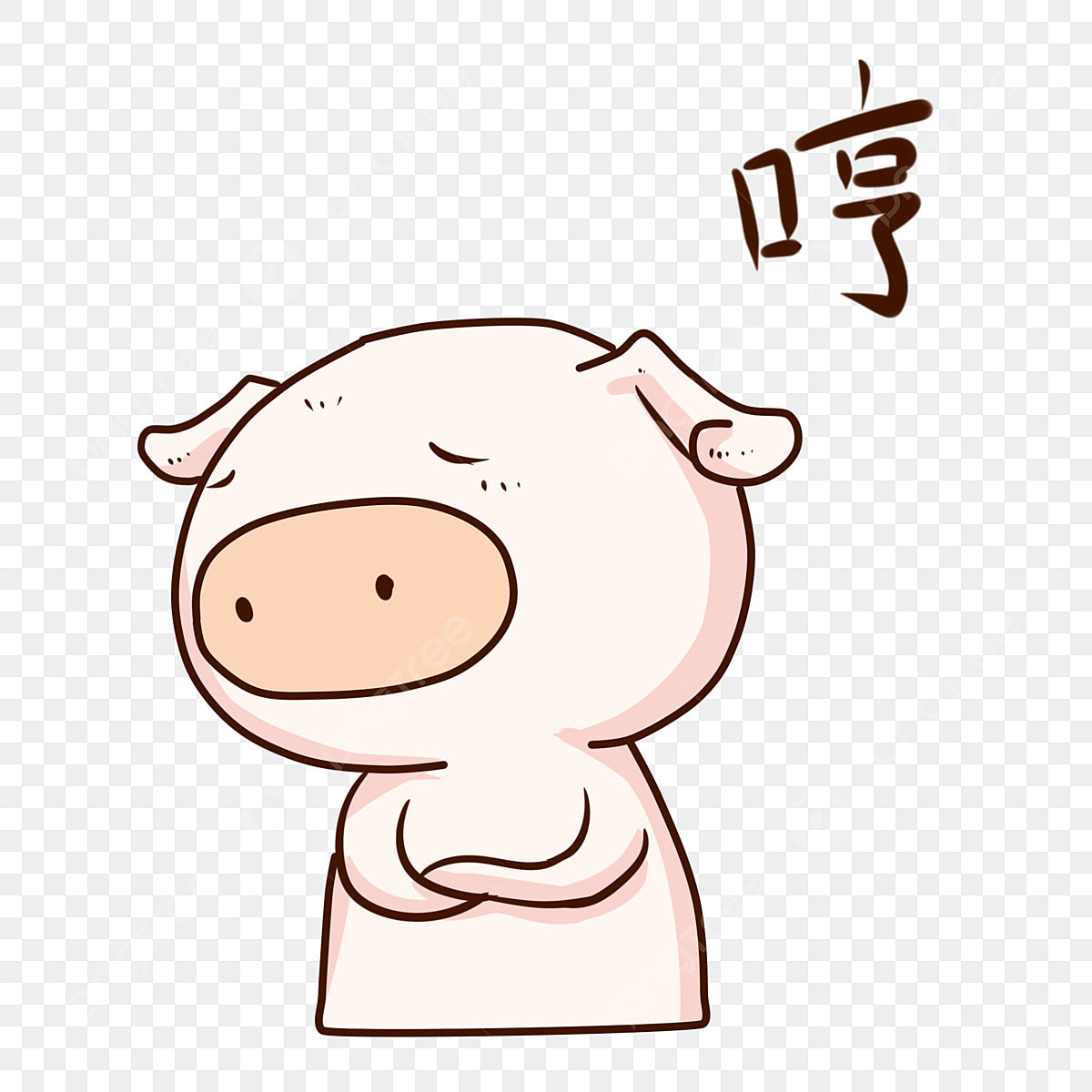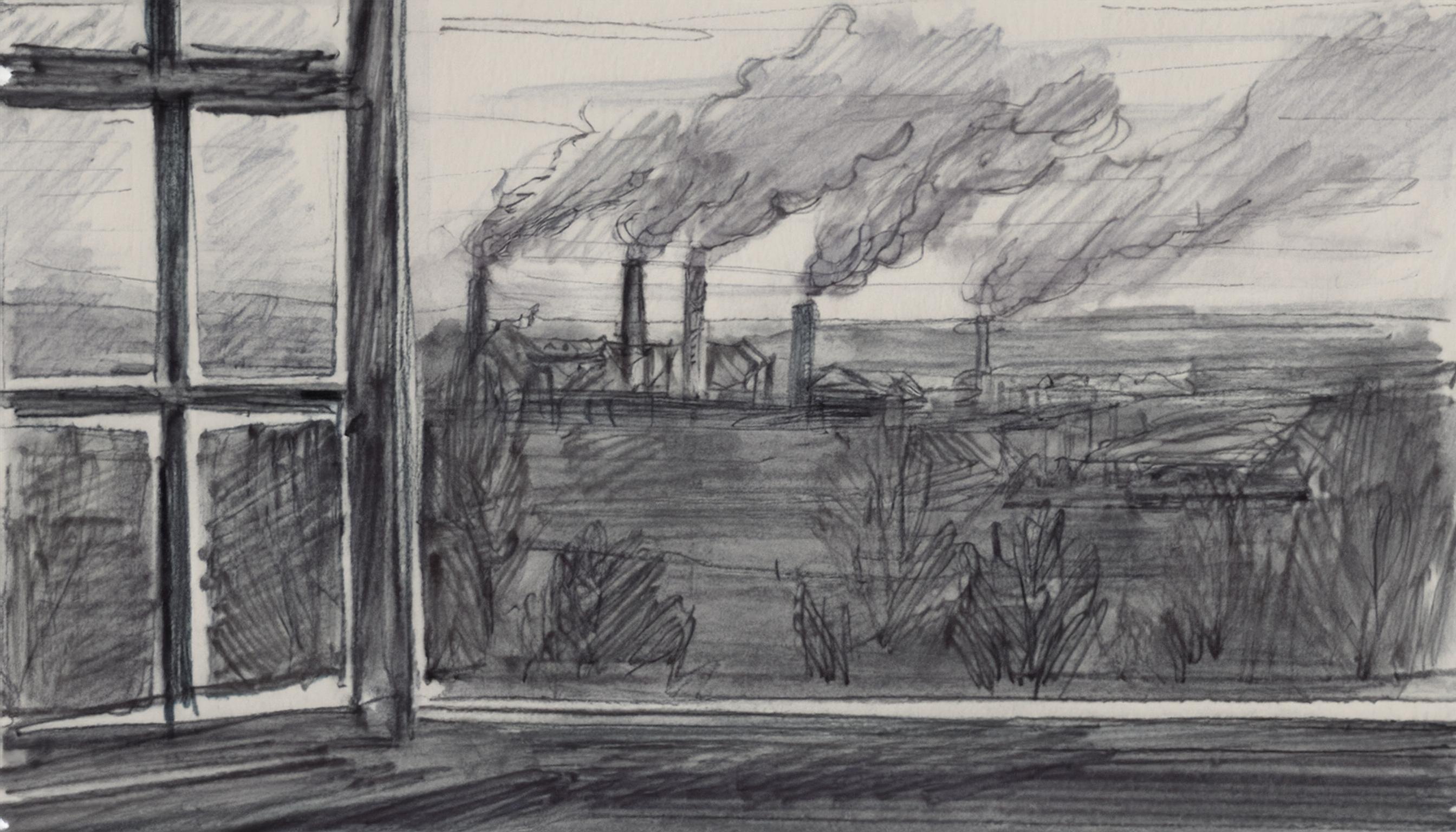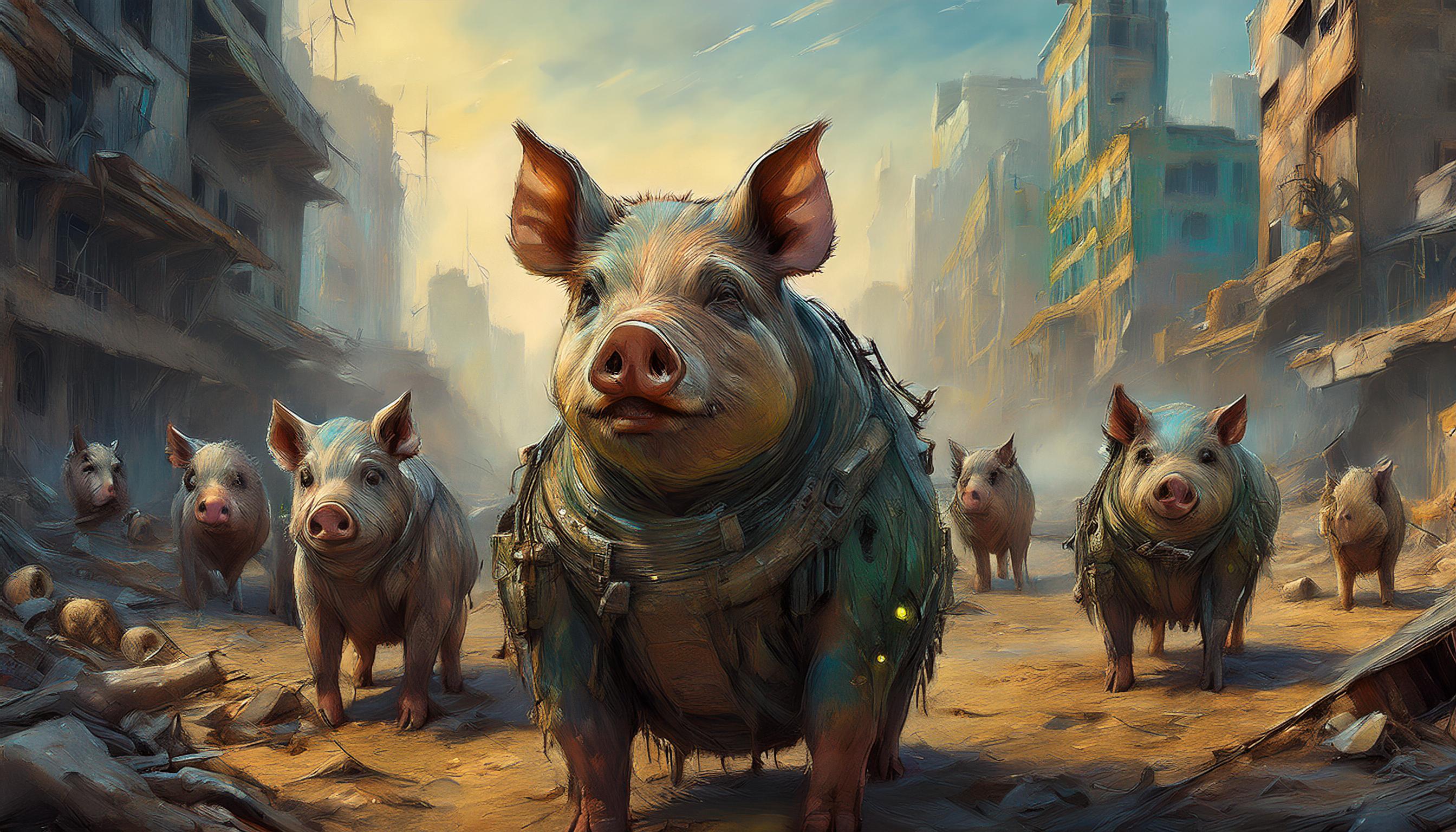Pig Limited Honor Code
The Golden Shovel Poem: Pigs Limited Honor Code
After Ilya Kaminsky’s We Lived Happily During the War
when they bombed other people’s houses, we protested, but not enough
Pigs Limited Honor Code
Step 1: Pigs are pigs. They are sad and lazy. Pigs prove their worth only when
______________________________________________Fat are they.
Step 2: Never measure your girth, because you will get bombed.
Step 3: All pigs are equal; fat pigs are more equal than other.
Step 4: All pigs like fat people. All pigs will never be killed by people.
Step 5: Pigs are unworthy of a home; only fat pigs deserve some
Houses.
Step 6: Sometimes sacrifices are needed, we
will for-never remember you.
Step 7: People came to devour fat pigs, back we protested.
Step 8: Onk’, Onks’, ONKs’, but
That is not
Step 9: Enough.
The Power and Protest in Pigs Limited Honor Code
Form and Structure: The Weight of the Golden Shovel
This poem follows the Golden Shovel form, meaning that the last word of each line, when read sequentially, reconstructs a borrowed line from another poem. In this case, the source is Ilya Kaminsky’s We Lived Happily During the War:
“when they bombed other people’s houses, we protested, but not enough”
Golden Shovel poems don’t just echo the original—they force a conversation with it. Here, Kaminsky’s indictment of passive complicity in times of war is transformed into a surreal, almost bureaucratic “honor code” for pigs. The structure, a numbered list of rigid rules, mimics official doctrines or ideological manifestos, adding layers of irony and critique.
Thematic Breakdown: Satire, Power, and the Illusion of Safety
At first glance, the poem feels playful. It’s absurd—a set of rules for pigs. But beneath that absurdity is something chilling: a satirical examination of oppression, hierarchy, and the myths that sustain them. The poem turns the reader into both an observer and an unwitting participant in a system that devalues lives while pretending to protect them.
Steps 1-2: Establishing a Broken System
The first rule, “Pigs are pigs. They are sad and lazy. Pigs prove their worth only when / Fat are they,” immediately sets the stage for a world where value is conditional. The repetition of “pigs” dehumanizes them, defining them solely by their label, much like marginalized groups throughout history have been reduced to stereotypes. The only time pigs “prove their worth” is when they are fat, a word set apart in the next line for emphasis.
Then comes the warning: “Never measure your girth, because you will get bombed.” This is a contradiction—the system measures pigs by their fatness, yet acknowledging this fact leads to destruction. It suggests a reality where awareness of one’s oppression is dangerous, where knowing the rules doesn’t mean you can escape them.
Steps 3-5: Equality as a Lie
“All pigs are equal; fat pigs are more equal than other.” This Orwellian twist on Animal Farm’s most famous line exposes the hypocrisy of supposed equality. The pigs are told they are equal, yet some—specifically the fat ones—are “more equal,” reinforcing the hierarchy within their own ranks.
“All pigs like fat people. All pigs will never be killed by people.” This line presents a false sense of security. If pigs trust the people who fatten them, they will supposedly never be killed by them. But we know better. This reflects the way power structures convince the oppressed that compliance will keep them safe, even when history suggests otherwise.
“Pigs are unworthy of a home; only fat pigs deserve some / Houses.” Again, the illusion of privilege is given to those who conform. The word “some” is key—it’s not an outright promise of safety, only a vague suggestion of it. The hierarchy is reinforced, but the pigs remain powerless.
Steps 6-7: The Moment of Crisis
“Sometimes sacrifices are needed, we / will for-never remember you.” The system demands sacrifice, yet the very next line contradicts any notion of remembrance. The word “for-never” warps the phrase “forever remember,” turning it into a chilling dismissal. The pigs who are sacrificed disappear without legacy. This mirrors the way societies erase inconvenient losses—soldiers in war, victims of injustice, those crushed under oppressive systems.
“People came to devour fat pigs, back we protested.” The reversal of expectations is key here. The fat pigs, the ones who were supposedly safe, are now the target. And the protest comes too late. The word “back” suggests reaction rather than action—protest isn’t proactive but defensive, a last-ditch attempt that is already doomed.
Steps 8-9: The Collapse of Language and Meaning
“Onk’, Onks’, ONKs’, but / That is not / Enough.”
The final section descends into near-madness. The pigs’ voices, reduced to nonsensical sounds, become a stand-in for meaningless outcry. The capitalization of “ONKs’” suggests escalating desperation, but what follows is devastating: “That is not / Enough.”
The last word, enough, directly echoes Kaminsky’s poem, hammering home the central theme: protest exists, but it fails. It comes too late, too weakly, or in a form that those in power will not acknowledge. The pigs’ cries—like so many real-world protests against war, oppression, and violence—are swallowed into irrelevance.
The Bigger Picture: A Reflection on Power and Protest
At its heart, Pigs Limited Honor Code is about complicity and the way power structures maintain themselves by offering illusions of safety, equality, and choice. The pigs believe they have rules that protect them, yet those rules only ensure their exploitation. They believe they can protest, yet their cries are reduced to meaningless noise.
The poem forces us to ask: Are we any different?
- Do we accept systems that harm us because we believe we are somehow exempt?
- Do we protest only when it’s too late?
- Do we convince ourselves we are equal when the system says otherwise?
Pigs Limited Honor Code is not just satire. It’s a warning.






